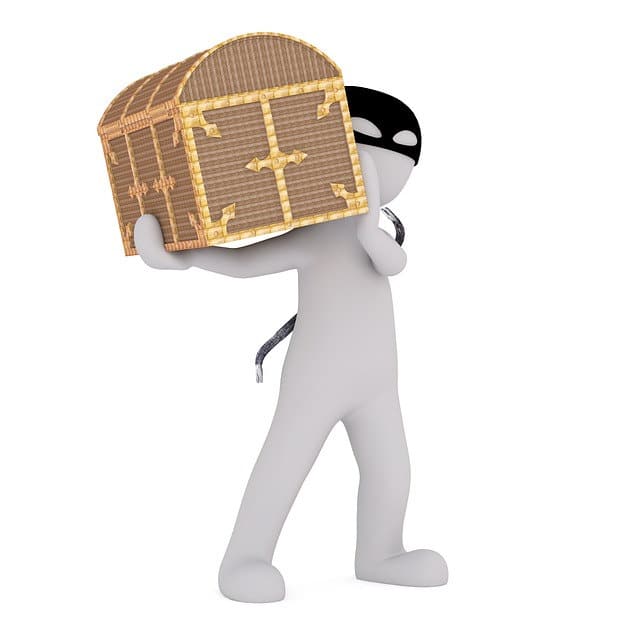This post contains affiliate links. If you click through and make a purchase, I may receive a commission (at no additional cost to you). This helps support the blog and allows me to continue to make free content. Thank you for your support!
As we’ve mentioned in one of our blog posts, duplicate content is not good for the site’s health. When Google refreshes the Panda Algorithm, the search traffic of sites with duplicate content are affected the most.
Webmasters with experience of creating search engine friendly sites by following the Google Webmaster Guidelines take care of content issues caused by the content management system. But they can’t identify scrapped content unless their site’s search engine traffic is impacted by a Google Algorithm Update.

Although Google is brilliant in identifying the original and scrapped content, it may miss out identifying some sites that have republished your work without permission.
What to do when your site’s content has been stolen?
Relax and contact the website hosting provider.
WhoIsHostingThis is a brilliant tool to find the hosting service provider for the website.
Instead of wasting time in finding the details of the site owner, and sending him a message to remove the copied content, use the above tool to find the content scraper site’s web hosting provider. Once you do so, note down the company’s name and use Google to find the DMCA complaint reporting page of the hosting firm.
Example: To find the copyright infringement reporting page of GoDaddy, type the following search phrase in Google.
“GoDaddy DMCA”
Once you find and open the page, you’ll find text fields to enter your copyrighted work location (URL), infringing URL, your contact details, etc.
Fill the form duly and click on the submit button.
In case you don’t find the DMCA page, raise a ticket and assign it to the abuse department or hosting department of the provider.
Most hosting companies take DMCA notices seriously. Once they find a notice, they’ll warn the site owner to remove the content. If the website owner doesn’t remove the content, the hosting provider will suspend the hosting service for the reported domain name.
Should you file DMCA complaint with Google?
Yes, you should! According to Search Engine Land, Google gets up to 8 million DMCA takedown requests every month. It processes each request. Once you file a complaint, Google’s DMCA department will remove the copyrighted content from its index within 3 or 4 days. You can register your complaint here.
Will Google Penalize the site of content scraper?
According to some SEO Experts, Google has less trust on the sites whose content has been removed from its search index after a DMCA complaint. Hence, if a site gets too many DMCA takedown notices, it may not rank well in Google. If the content scraper doesn’t stop their activity of copying the work of others, their site may get Manual Action Penalty.
Conclusion: You should use the free plagiarism checker tools occasionally to find sites that have copied your work. After finding scraper websites, send DMCA notice to the site’s hosting service provider.
Image source: Pixabay